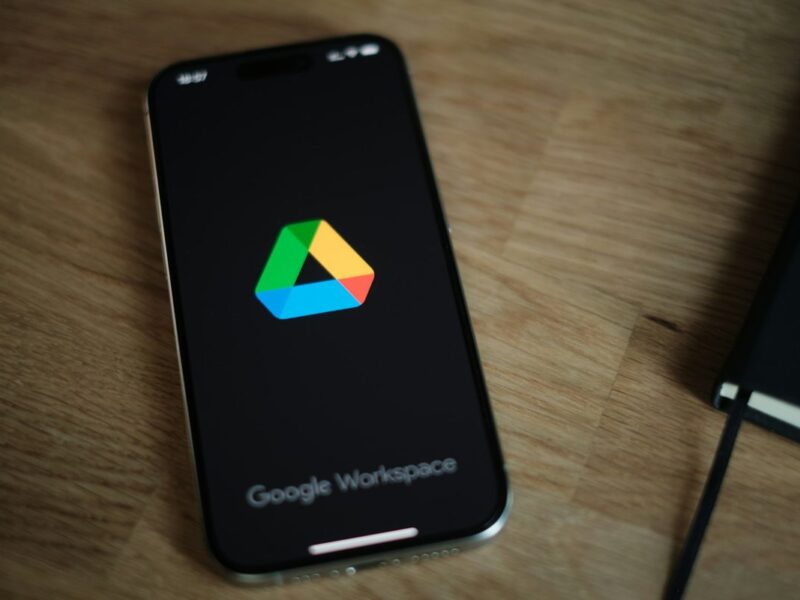Image by Author
MCPs (Model Context Protocols) are quickly becoming the backbone of modern AI tooling. Big names like Hugging Face and Meta are now running hackathons where participants build MCP servers, clients, and plugins, showing just how hot this space is right now.
So, what exactly is an MCP server and client?
- MCP servers are lightweight programs or APIs that expose real-world tools like databases, file systems, or web services to AI models. They act as bridges, letting AI agents interact with external systems securely and efficiently.
- MCP clients are applications (like IDEs, chatbots, or desktop apps) that connect to these servers, allowing users or AI agents to access thousands of tools and services from a single interface.
In this article, we will review the top 7 MCP clients that let you experience thousands of open-source MCP servers. Even if you have no prior experience, setup is usually as easy as adding a line to your client’s config file.
1. Claude Desktop
I really enjoy using Claude Desktop because it makes it easy to view and interact with code in dynamic ways. Its integration with MCP servers helps me debug and research new topics efficiently. I use Claude Desktop regularly and find it very accurate at detecting available tools and executing them to generate helpful responses.
One of the best features is how seamlessly it works with locally configured MCP servers. When you launch the application, it automatically starts all your configured MCP servers, giving you instant access to powerful tools right from the desktop.
2. Cursor AI
If you use Cursor for coding or editing, integrating multiple MCP servers has become essential for boosting its capabilities—giving you easy access to the web, databases, documentation, APIs, and external services. While Cursor AI already offers a variety of built-in agents and tools, adding custom MCP servers and APIs can take your development workflow to the next level by automating many tasks. Unlike Claude Desktop, Cursor AI supports the SSE protocol, making it much easier to access and configure hosted MCPs.
3. Claude Code
The moment I tried Claude Code with Claude Opus 4, I was impressed by how well it understands your requirements and code, producing almost bug-free results. Even if there’s an issue, Claude Code can resolve it using its agent mode and integrated tools. It’s deeply aware of your codebase, can make changes across multiple files, and adapts to your coding standards.
Claude Code also supports MCP server integration, similar to Cursor AI. Once you configure your MCP server, Claude Code can automatically invoke it when needed.
4. Windsurf
Windsurf, like Cursor AI, supports the SSE protocol and offers a similar development experience. It features a built-in MCP Plugin Store, allowing you to easily search for, install, or add your own MCP server plugins.
If you can’t find the plugin you need, you can manually add it by editing the mcp_config.json file. Official MCP plugins are marked with a blue checkmark, indicating they’re made by the parent service company.
Among all the MCP clients mentioned above, Windsurf offers more features and settings, and it is also cheaper than the others.
5. Cline
Cline is a powerful VS Code extension that acts as an autonomous coding agent, offering code generation, debugging, and seamless MCP integration to extend its capabilities. It is especially popular among users who want to integrate with OpenRouter to access free models and enjoy a top-tier AI development experience at no cost. With Cline, you can create and edit files, run commands, use the browser, and even build custom MCP tools tailored to your workflow, all directly from your IDE.
6. Continue
Continue is an open-source IDE extension for VS Code and JetBrains that provides code generation, autocomplete, chat, and in-editor code editing, offering nearly all the features found in top AI code editors like Cursor and Windsurf. It also supports MCP integration, which can be added to hub Assistants using mcpServers blocks . If you need more customization, you can build your own assistants or connect to different models and plugins.
7. LibreChat
LibreChat is a free, open-source ChatGPT alternative that lets you connect to a wide range of AI models providers, including OpenAI, Anthropic, Google, and even local models via Ollama.
LibreChat also supports MCP integration, allowing you to configure mcpServers for dynamic interaction with various specialized tools and servers. This modular setup makes it easy to extend LibreChat’s capabilities by simply adding or editing server configurations.
Final Thoughts
Adding MCP support is a game-changer, especially with official servers from providers like Mem0, Anthropic, Exa, and others. These official MCPs work reliably and are designed with strong security and privacy in mind. What’s even more exciting is that you can easily create your own custom MCP servers locally with just a few lines of code, and they will work seamlessly out of the box.
If you are new to MCPs, I highly recommend starting with Claude Desktop and trying one of the simple integrations that don’t require any API keys.
Check on my guides on building and integrating MCP servers:
Abid Ali Awan (@1abidaliawan) is a certified data scientist professional who loves building machine learning models. Currently, he is focusing on content creation and writing technical blogs on machine learning and data science technologies. Abid holds a Master’s degree in technology management and a bachelor’s degree in telecommunication engineering. His vision is to build an AI product using a graph neural network for students struggling with mental illness.

